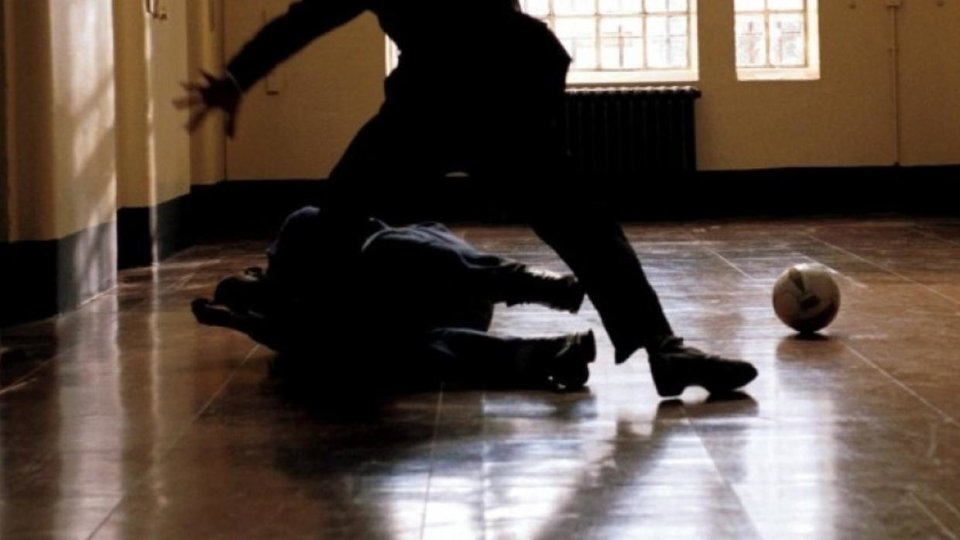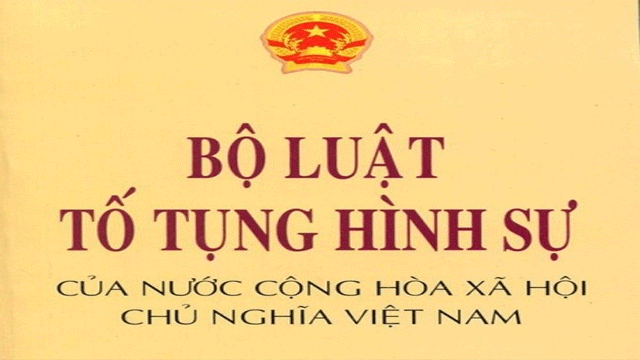What are regulations on handling coercion and forced confession in Vietnam? Is there a prison sentence for this violaiton? This is the question submitted by Mr. Tran Van T. on June 16, 2020.

What are regulations on handling coercion and forced confession in Vietnam? Illustrative image
Regarding Mr. T.'s issue, Lawnet would like to provide the following explanation:
Coercion (also known as forced confession) is the act of a person responsible for taking statements during investigation, prosecution, or trial using different illegal methods (i.e., not in accordance with legal procedures) to force the person giving the statement, or the person being interrogated, to make false statements about what they know. These methods may include threats of physical harm; threats of severe punishment; threats to arrest, prosecute, or otherwise harm the loved ones of the person giving the statement or the person being interrogated.
Coercion not only infringes upon the personal rights of the person giving the statement but can also lead to serious consequences such as wrongful convictions, wrongful acquittals, letting the guilty go unpunished, imposing excessively severe or excessively lenient sentences, causing significant damage to citizens’ property, or causing public outrage and dissatisfaction among the local populace. Therefore, coercion is always considered an illegal act and is strictly prohibited by law.
According to Article 374 of the Criminal Code 2015, amended and supplemented in 2017, the provisions regarding the crime of coercion in Vietnam are as follows:
Article 374. Crime of Coercion
Any person who, during legal proceedings, uses illegal methods to force the person giving the statement or being interrogated to provide information related to the case or matter, shall be sentenced to imprisonment from 06 months to 03 years.
Committing the crime in one of the following circumstances shall be sentenced to imprisonment from 02 years to 07 years:
a) Committing the crime 02 times or more;
b) Against 02 people or more;
c) Against a person under 18 years old, a pregnant woman, an elderly person, or a person with severe or particularly severe disabilities;
d) Using physical harm or inhumane, degrading treatment against the person giving the statement or being Using sophisticated or cunning methods;
e) Leading to distortion of prosecution, investigation, prosecution, or trial results;
g) Forcing the person giving the statement or being interrogated to provide false information.Committing the crime in one of the following circumstances shall be sentenced to imprisonment from 07 years to 12 years:
a) Causing the coerced person to commit suicide;
b) Leading to the omission of less severe or severe crimes, or allowing perpetrators of less severe or severe crimes to go unpunished.Committing the crime in one of the following circumstances shall be sentenced to imprisonment from 12 years to 20 years or life imprisonment:
a) Causing the death of the coerced person;
b) Leading to the wrongful conviction of an innocent person;
c) Leading to the omission of very severe or particularly severe crimes, or allowing perpetrators of very severe or particularly severe crimes to go unpunished.The offender shall also be banned from holding certain positions or practicing certain professions from 01 year to 05 years.
Thus, it can be seen that according to the above provisions of the Criminal Code 2015, as amended and supplemented in 2017, a person committing coercion in Vietnam shall be sentenced to imprisonment from 6 months to 20 years, or even life imprisonment depending on the severity. Additionally, the offender shall also be banned from holding certain positions or practicing certain professions from 01 year to 05 years.
Nguyen Trinh
- Key word:
- coercion
- forced confession
- Vietnam
 Article table of contents
Article table of contents










.Medium.png)
.Medium.png)
.Medium.png)
.Medium.png)
